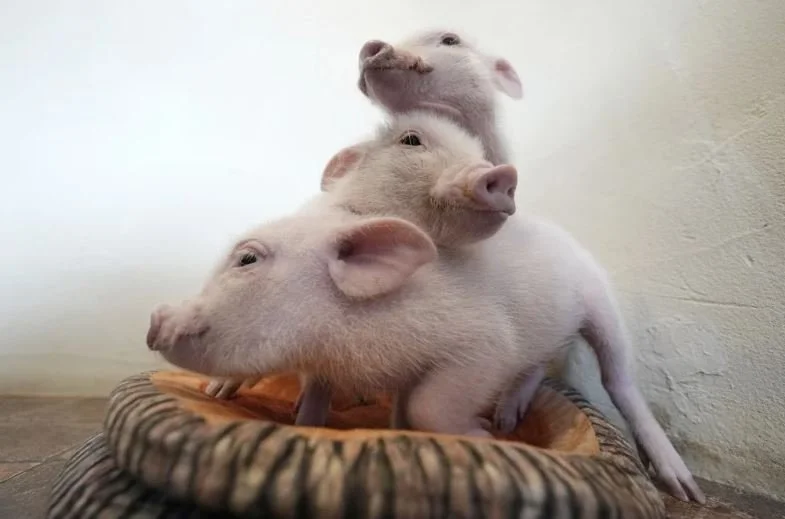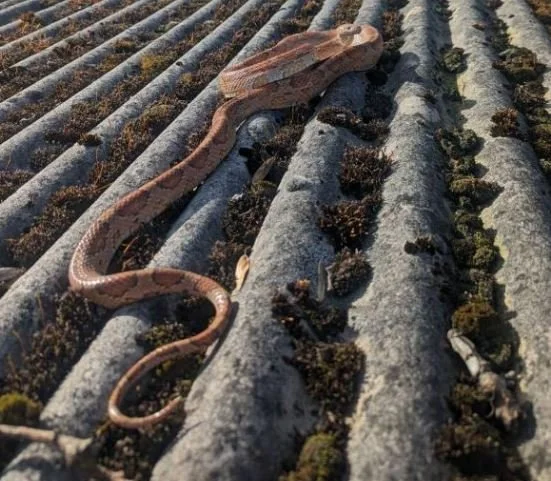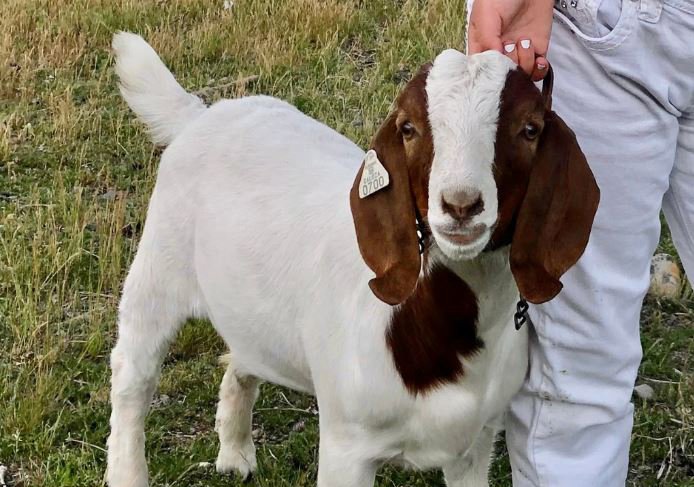Cannabis Works Wonders on Depressed Elephants, Neurotic Parrots, Anxious Beagles
A 55-year-old Asian elephant named Nidia had chronic foot problems: painful fissures on her foot pads, cracked and ingrown toenails, persistent abscesses. She had no appetite and was losing weight. “The veterinarian in charge of Nidia’s care at a wildlife park in Mexico, was desperate,” reports the New York Times.
The desperate vet decided to try dosing Nidida with cannabidiol (CBD), one of the therapeutic compounds in cannabis. The results were profound. Within days Nidia regained her appetite, then gained 555 pounds within five weeks. The abscesses began to heal (CBD is an anti-inflammatory) and her mood brightened considerably.
Nidia didn’t get high, however, because CBD – unlike the more famous compound found in cannabis, THC – is not psychoactive. Vets are discovering the efficacy of medical marijuana for treating all kinds of nonhuman patients. Studies show the plant’s potential for treating seizures, pain, and anxiety in dogs, for example; and anecdotal evidence “suggests benefits across a variety of other conditions in species as varied as parrots, turtles and hyenas.”
Most animals, humans included, have an endocannabinoid system, a network of nerve receptors, molecules, and enzymes that stabilizes the body’s organ systems. Among the more than 100 chemical compounds in weed, CBD and THC have been shown to have beneficial effects on the endocannabinoid network. “When used medically, cannabis essentially ‘supports the support system,’ according to Dr. Casara Andre, the founder of Colorado-based Veterinary Cannabis.
The anecdotes are coming in. One vet has treated around 65 animals with CBD, for pain relief and for gastrointestinal issues. She spritzes anxious patients during office visits with a CBD spray that calms a stressed cat or dog. Another vet treats an Old English sheepdog with CBD for an inflammatory disorder in his nasal cavity.
Luis Antonio Rojas / New York Times
At the Cali Zoo in Colombia, vets have given cannabis to more than 50 species, from mountain tapirs and lions to snakes and capybaras. CBD works for pain, inflammation, osteoarthritis, and allergies; it also enhances the effectiveness of treatments for cancer and other serious ailments.
The doctors aren’t shying away from THC either, which helps some zoo patients struggling with stress and anxiety – a parrot who was plucking out her feathers, for example, or a jaguar obsessively pacing his enclosure.
A lot of the weed treatments in veterinary medicine are taking place in Mexico and South America. In the US, disparate marijuana laws among states have thwarted widespread progress. In Georgia and Alabama, for example, veterinarians are legally prohibited from even talking about cannabis with pet owners.
But as the anecdotal evidence – and more importantly, the peer-reviewed scientific studies – mount, we expect cannabis treatments for ailing animals will go mainstream. That’s good news for anyone, or anything, with an endocannabinoid system.
Jaír Coll / New York Times
Photo credit: Jaír Coll / New York Times









